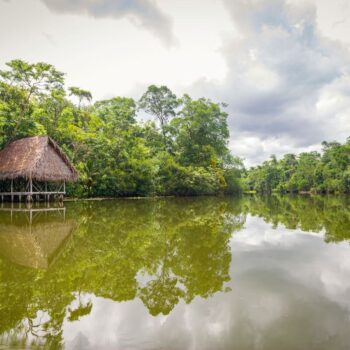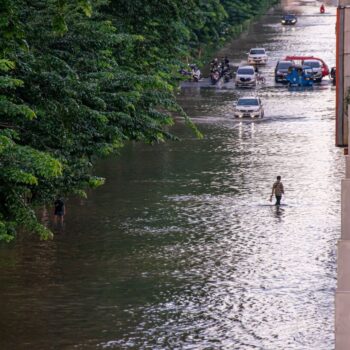We are at a transition from the easy politics of the environment to the hard politics.
The easy politics of the environment have a familiar agenda – air and water pollution, hazardous wastes; toxic chemicals, radioactive substances. These were issues with easily identified victims and villains. There was a clear case for action. And, when action was taken, there were more winners than losers – a particularly important factor for politicians. Many win-win solutions were available and the policy tools were at hand to deal with the problems.
That agenda has not gone away. And addressing it may not have seemed easy at the time. But compared to the agenda now coming to dominate the environmental debate, it really was easy.
The emergent agenda – deforestation, ocean degradation, water scarcity, food insecurity, biodiversity loss and, perhaps above all, climate change – introduce a very different, and more difficult, political challenge.
The case for action is not always clearly perceived. And if action is taken, there are more immediate losers than winners – a real switch off for politicians. It is far more difficult to find win-win solutions, the policy tools are far less obvious and, just to confuse matters more, the victims and villains are often simply ourselves oscillating haphazardly between our needs as citizens and our desires as consumers.
That is the challenge we face now: the hard politics of the environment.
I do not believe that the world is fundamentally short of the resources, capital or technology to offer a decent life to all of the eight billion inhabitants it will soon have. I do believe we are short of the capacity to put those resources capital and technology together in ways that are sustainable. And we are increasingly short of time.
Building that capacity, aligning our choices so that they add up to something we can all live with, is politics. By politics I do not mean the degraded, and increasingly, degrading, battle for the headlines that currently passes for politics in our age of celebrity. I mean the art of making collective choices, of harnessing what Abraham Lincoln called ‘ the better angels of our nature’, to a profoundly important purpose.


